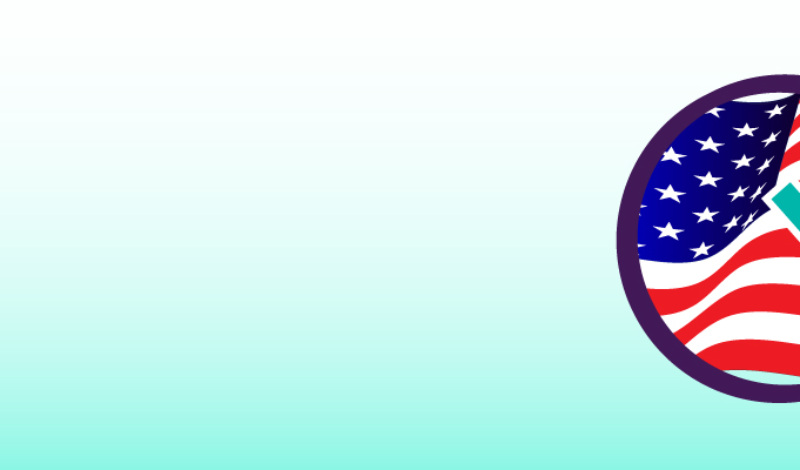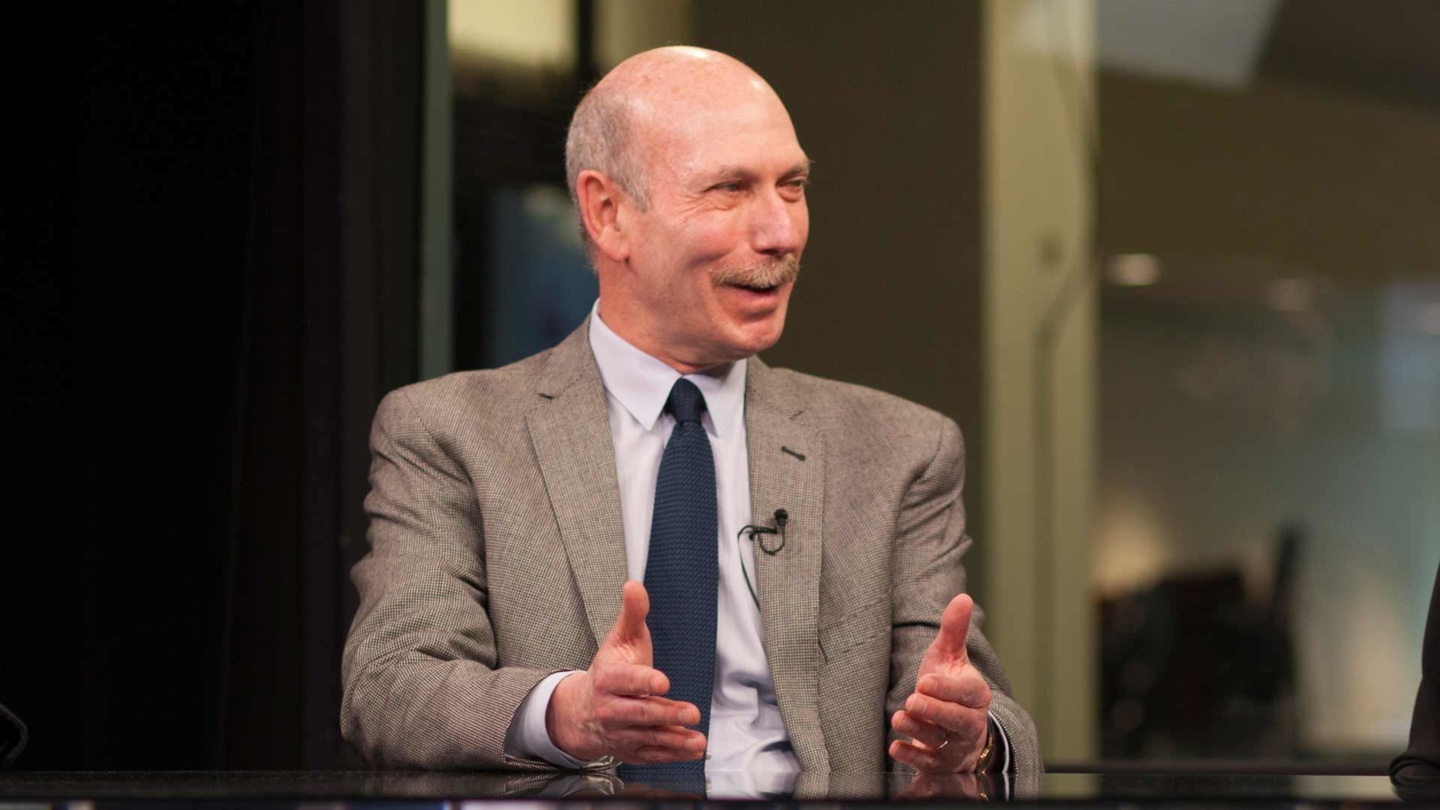



This column is a periodic series of personal reflections on journalism, news literacy, education and related topics by NLP’s founder and CEO, Alan C. Miller. Columns are posted at 10 a.m. ET every other Thursday.
On Feb. 2, it will be exactly 13 years since I founded the News Literacy Project and helped launch the field of news literacy. Today, NLP is the nation’s leading provider of this vital critical-thinking skill. Our Checkology® virtual classroom has been used by educators throughout the United States and in scores of countries around the world.
This school year alone, we have reached more than 7,600 educators who teach more than 570,000 students. In addition to Checkology, they connect to us by subscribing to The Sift®, our weekly newsletter for educators, and by attending NewsLitCamp® and other professional development programs. We have also expanded our offerings to the general public, including a mobile app, Informable®; a podcast, Is That a Fact?; a weekly newsletter, Get Smart About News; and a specially designed version of Checkology. This week, we are partnering with The E.W. Scripps Co. on the second annual National News Literacy Week.
I started NLP after a 29-year career as a newspaper reporter. My learning curve was steep, and the lessons were hard-earned. Here are 13 — one for each year — that are most salient.
Be mission-driven: In founding NLP, I was inspired to address a growing societal challenge that I initially recognized through the experiences of my sixth-grade daughter and her classmates. I envisioned that journalists and the standards of quality journalism could be marshaled to tackle this problem. This passion sustained me through waves of uncertainty, skepticism and unanticipated challenges.
Don’t let the doubters deter you: How can you possibly teach students to know what news and other information to trust? How will you scale this? How will you sustain it? You will never get into schools! I heard a lot of this during the early years, when I constantly had to explain what news literacy was and why it mattered. I believed that funders and educators would ultimately see this skill as essential and that we would find a way to scale it through technology.
“Report the hell out of it”: That was the admonition of my first program officer, and I took it to heart, drawing on my years as an investigative journalist. During NLP’s first year, I spoke to more than 200 nonprofit leaders, educators, journalists, academicians and prospective board members and funders. They helped provide the road map that led to the creation of NLP’s initial team and curriculum.
Make educators your partners: My early hires were all educators. They included Bob Jervis, a sage social studies supervisor with whom I designed our foundational classroom program, and two people who are still with NLP a decade or more later: Peter Adams, the visionary behind all our subsequent educational resources, and Darragh Worland, a gifted digital media instructor and broadcast journalist. We told our classroom educators that we wanted them to be our partners and help us make our lessons better for their students and more useful for them. “Everyone comes in here and says this,” Gillian Smith, the then-principal of Facing History High School in New York City, one of our first pilot schools, told me. “But you meant it.”
Build a model board: From the start, our board of directors included distinguished, ethical and visionary leaders in journalism, education and business. I told the staff that if we lived up to the ideals they personified, we would be fine. Among them are some of the most renowned journalists of our time: John Carroll, my former editor at the Los Angeles Times; Gwen Ifill of PBS; and Walt Mossberg, the now-retired iconic tech columnist and conference producer. (John and Gwen were both on NLP’s board when we all lost them much too soon in 2015 and 2016, respectively.)
Move fast and make things: A year to the day after NLP’s founding, we kicked off our classroom program in an exceptional middle school in Brooklyn, New York. Eight months later, we were in schools in Bethesda, Maryland (where I live), and Chicago as well as New York City. In 2012 we launched a rudimentary digital unit; four years later, we released a full-blown virtual classroom. Not everything we tried worked, but we learned from our failures and moved forward relentlessly by building on our proven successes.
Bake assessment into your DNA: Assessment is an integral part of our work. We measure changes in students’ knowledge, attitudes and behavior after they complete our lessons, and we gather feedback from teachers. We use the results to see what is working and what we need to change. In 2013, Debra Blum of The Chronicle of Philanthropy wrote (PDF) that this was a key to our survival despite launching in the deepest recession of our lifetime. She was right.
You don’t get if you don’t ask: Rarely has a day gone by in the past 13 years when I have not asked somebody for something. It is often, but not solely, for money. I have also asked candidates to serve on our board or advisory committees; journalists to volunteer to go into classrooms, lead virtual lessons or speak at events; educators to adopt our curriculum or make it available to their teachers; and news organizations to endorse our work or host day-long professional development programs. I do so knowing that I’m not asking for me; I’m asking for the mission. For those who have said yes, you have our gratitude. For those who haven’t, it’s not too late!
Hire in haste, repent at leisure: We’ve never actually hired in haste — but in our early years, our vetting was occasionally less than rigorous. In some cases, people were hired for positions that turned out not to be a good fit, or we moved them into jobs for which they were ill-suited. In such a small organization, the hires that didn’t work out were draining and distracting, and the process of letting people go was demoralizing. Fortunately, such experiences are now well in our rear-view mirror.
Never let them see you sweat: The economy cratered in September 2008, just as our website went up and before we could even get our lessons into schools. At one point, my wife and I had to lend NLP money to make payroll. Again in 2016, we faced perilous times. Nobody wants to be the last one hired or the one to invest the last dollar, so we kept this close. By 2017, we had regained our financial footing and had even broken into popular culture as an answer on Jeopardy!. Looking back, I told the board, “It’s better to be on Jeopardy! than in jeopardy!”
“If you build it, they will come”: Creating NLP was a leap of faith for me. Creating Checkology was a leap of faith for NLP. Ready to move to national scale in 2015, we raised $250,000 and contracted with Actual Size, a branding and digital design agency. The firm partnered with our staff to build a cutting-edge, highly engaging virtual classroom. Our platform of dreams is being used nationwide, with the aspiration for future exponential growth. Now, we just have to “go the distance.”
Create a circle of virtue: Perhaps nothing has been more gratifying than seeing the expansion of a diverse and ever-widening circle of those drawn to our mission: Accomplished and engaged members of our board and National Leadership Council. Talented and committed staffers. Volunteer journalists and frontline educators. Generous donors who make our work possible. High-powered partners who help us expand our reach. We are constantly seeking new participants, partners and patrons. By reading this, you have taken the first step toward joining us — and helping us ensure that the future is founded on facts.